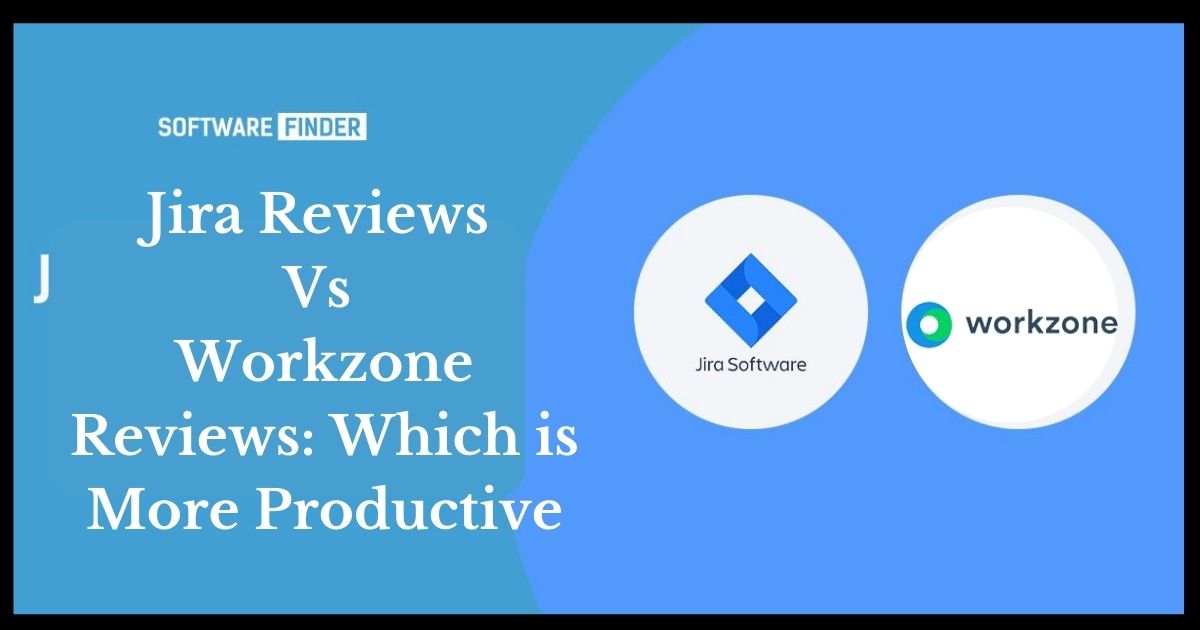As the world becomes more connected, cyber-attacks are on the rise. These attacks can come in many different forms – from email spoofing and online scamming to data theft and identity theft. To stay safe against these attacks, it’s important to be aware of your surroundings and take simple steps to protect yourself. This blog will teach you 5 ways to protect yourself against cyber attacks. This blog has everything you need to keep yourself safe online! From learning about the different types of cyber-attacks and how to avoid them to understanding your rights as a victim of a cybercrime.
What are cyber attacks?
Cyber attacks are a real threat and can affect any device connected to the Internet. Make sure you are up-to-date with your software and security patches and use strong passwords to protect yourself. And last but not least, don’t share your passwords with anyone – not even your spouse!
Why cyber attacks are on the rise
Cyber attacks are on the rise, and there’s no reason to believe that this trend will stop any time soon. There are a number of reasons for this.
One reason is that cyber attackers are getting better at targeting different types of targets. For example, they’re now increasingly targeting businesses and governments because these are two sectors that are particularly vulnerable to attack. They also know how to exploit vulnerabilities in systems and exploit people’s emotions or greed in order to get them to divulge confidential information or install malicious software.
Another reason is that technology is making it easier for cyber attackers to carry out their crimes. For example, they can use fake websites or social media accounts to dupe victims into thinking that they’re dealing with a trusted source. They can also use viruses and malware to steal data or infect computers with malware. And lastly, cyber attackers can also exploit online platforms like social media and dating websites! Using them as conduits for distributing malware and phishing schemes.
All in all, cyber-attacks are on the rise because they represent a major threat, not just to businesses. And governments but also ordinary citizens who rely on the Internet for their livelihoods as well as their personal safety.
5 ways to protect yourself against cyber attacks
Cyber security is everyone’s responsibility, and it’s never too late to start taking steps to protect yourself. Here are five easy ways to do just that:
Use a VPN
Virtual Private Networking has become increasingly popular over the past few years as cyber-criminals have continued to target users’ personal information. By using a VPN, you can encrypt your internet traffic, making it difficult for hackers to steal your data. Besides keeping your privacy safe online, a VPN can also help you protect yourself from viruses and other malware that might infect your computer. You can use firewalls to keep malicious sites out of reach and safeguard against potential identity theft or credit card misuse.
Enable Two-Factor Authentication
In the age of cyber attacks, it’s essential that you take every possible precaution to protect yourself. One of the most important steps you can take is to enable two-factor authentication (2FA).
2FA is a security measure that requires you to enter two different pieces of information in order to access your account – like a password and a code sent via SMS or email. This makes it extremely difficult for someone who wants to hack your account into submission.
Furthermore, 2FA protects your account even if you lose your password. If someone manages to gain access to your password, they won’t be able to log in unless they also have access to your 2FA code. This means that even if your password is compromised, thieves won’t be able to use it to take over your account and ruin all of your hard work.
If you’re not already using it, now is the time to switch over and make sure that your data is as secure as possible! 2FA isn’t just for accounts with financial implications! It can also help protect against identity theft and other types of cyber attacks.
Update your Antivirus Software
Keeping your computer virus-free is essential for your safety. Make sure your antivirus software is up to date and installed on all of your devices! And avoid clicking on links in unsolicited emails. Furthermore, monitor your computer for any suspicious activity and report it immediately to IT staff. By doing so, you can protect yourself from potential online threats.
Back-Up Your Data Regularly
It goes without saying that you should back up your data regularly. But even if there is no immediate danger! It’s always a good idea to back up your files just in case anything happens. Keeping your computer clean and virus-free is essential for both personal safety and the protection of business information. Make sure to use strong passwords across all of your accounts, as well as use different passwords for each site and account. And last but not least… don’t forget to back up!
Don’t use public Wi-Fi
When using public Wi-Fi, it is always best to use a VPN. This will help protect your identity and keep your browsing habits anonymous. In addition, make sure that your computer and mobile devices are up-to-date with the latest security patches. You can also install antivirus software on your computer in case you come across any malware or viruses while online. Finally, educate yourself about cyber security so you know how to stay safe when surfing the web.
Conclusion
In conclusion, here’s all about 5 ways to protect yourself against cyber attacks. At the end of the day, cyber security is everyone’s responsibility. But don’t worry; it becomes more effortless when you take these simple steps, which we have discussed in this article! Also, make sure to share what measures do you take for cyber security in your organization. And stay safe online!


















